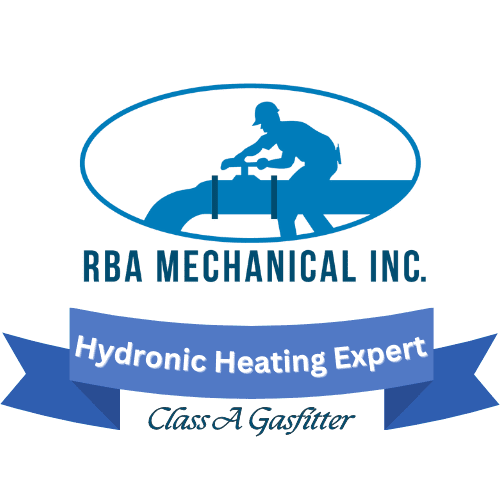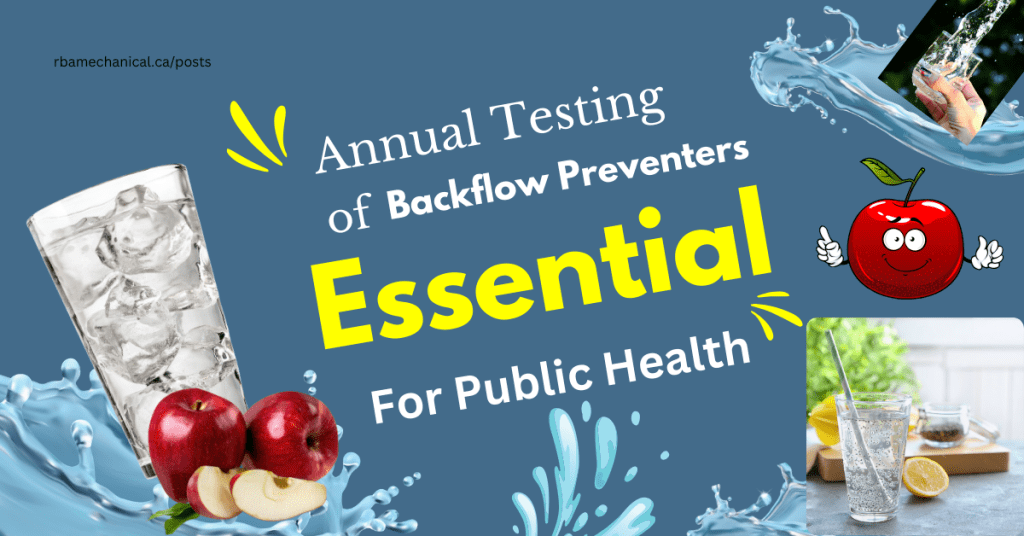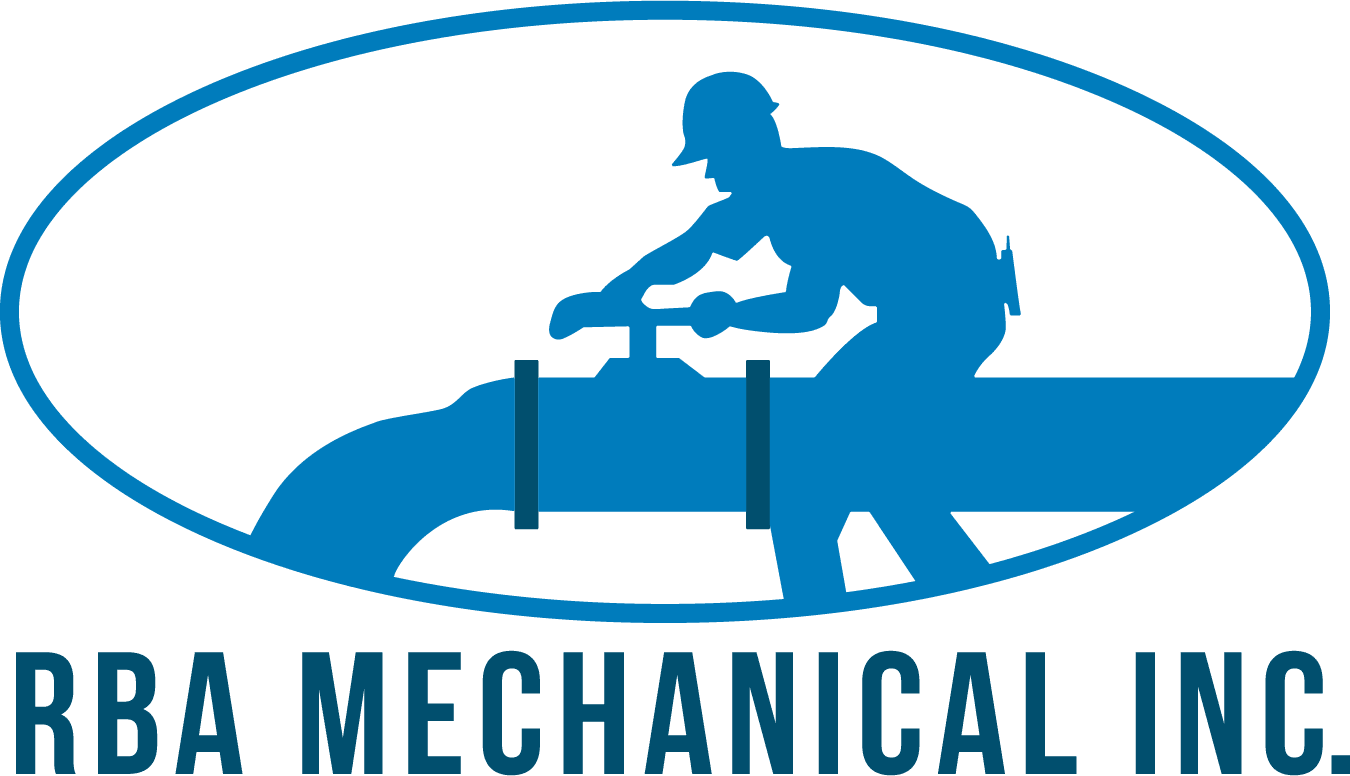Introduction to Backflow Preventers
Backflow preventers are unsung heroes of our water supply systems, quietly working behind the scenes to keep our drinking water safe. Imagine a world where contaminants can flow back into our clean water, creating health risks for communities. It’s a scenario no one wants to envision, yet it is possible without these vital devices. Regular testing of backflow preventers is not just a good idea; it’s essential for ensuring public health and safety. As we dive deeper into this topic, you’ll discover why annual checks are crucial in safeguarding your community’s most precious resource—clean water.
Understanding the Importance of Annual Testing
Annual testing of backflow preventers is crucial for safeguarding our drinking water. These devices are designed to stop contaminated water from flowing back into clean supply lines. Regular assessments ensure they function correctly.
Testing identifies any wear and tear, preventing potential failures that could lead to hazardous situations. A malfunctioning backflow preventer can allow pollutants, chemicals, or bacteria to enter the public water system.
The consequences of neglecting this vital process can be severe. Even small leaks might lead to significant contamination issues over time. Communities rely on these systems for safe hydration.
Moreover, annual testing helps maintain compliance with local regulations and standards. Many municipalities require proof of proper functioning as part of routine safety checks in plumbing systems.
Investing time in annual tests demonstrates a commitment to public health and environmental protection while ensuring peace of mind for everyone involved.
Potential Risks of Not Testing Backflow Preventers
Failing to test backflow preventers can lead to serious public health risks. Contaminated water may flow back into the main supply, jeopardizing drinking water quality.
Chemical substances from industrial sites or agricultural runoff could enter local systems unnoticed. This poses a threat not only to human health but also to ecosystems.
Moreover, untested devices might malfunction during critical times, such as natural disasters or high-demand situations. A single failure could result in widespread contamination and costly remediation efforts.
The economic implications are vast, too. Building owners or business establishements may face hefty fines for non-compliance with regulations aimed at ensuring safe water supplies.
Neglecting routine testing creates vulnerabilities that impact everyone—from individual households to entire neighborhoods—highlighting the importance of diligence in maintaining these essential protections.
Guidelines for Proper Testing and Maintenance
Regular testing and maintenance of backflow preventers are crucial for ensuring their effectiveness. Start by scheduling annual inspections with a certified professional. This ensures your device is functioning correctly and meets local regulations.
During the inspection, the certified professional must check for any visible signs of wear or leaks. A small issue can escalate quickly if left unattended. It’s important to clean the valve components regularly to prevent debris buildup, which can hinder performance.
Documentation plays a key role in this process. Keep detailed records of all tests and maintenance activities performed on the backflow preventer. Not only does this help maintain compliance, but it also provides a clear history for future reference.
Always follow manufacturer guidelines regarding specific care instructions. Understanding how your device operates will empower you to address minor issues before they become major problems. Regular attention keeps systems running smoothly while safeguarding public health.
The Role of Certified Backflow Testers
Certified backflow testers play a crucial role in safeguarding public health. They are trained to assess the functionality of backflow preventers, ensuring that these essential devices operate correctly.
These professionals possess specialized knowledge about plumbing systems and water regulations. Their expertise allows them to identify potential issues before they escalate into serious problems.
During inspections, certified testers check for leaks or malfunctions. They conduct thorough tests to confirm that contaminants cannot enter clean water supplies. This process is vital for maintaining safe drinking water standards.
Certification requires ongoing education and adherence to local laws. By staying updated on best practices, these testers ensure compliance with regulations governing backflow prevention.
Their work not only protects individual properties but also contributes to community health efforts. Regular testing by qualified individuals fosters trust in municipal water systems and promotes overall safety in our environments.
Conclusion: Protecting Public Health through Regular Backflow Preventer Testing
Regular testing of backflow preventers is not just a routine task; it’s a vital component of safeguarding public health. These devices play an essential role in preventing the contamination of drinking water systems. By ensuring that these mechanisms are functioning correctly, we can protect communities from potential hazards.
The importance of annual testing cannot be overstated. It provides peace of mind and reinforces our commitment to health and safety standards. Neglecting this responsibility opens the door to serious risks, including harmful bacteria and pollutants entering our water supply.
Certified professionals ensure that backflow preventers operate effectively, thus maintaining the integrity of our water systems. With their expertise, we can trust that proper maintenance guidelines are followed meticulously.
Investing time and resources into regular testing creates a healthier environment for everyone. Ensuring operational backflow preventers is crucial for preserving public health now and in the future.
Request Service or Get a Free Quote
Use the links below to browse more tips and advice or use the back button on your browser to return to the previous page.


